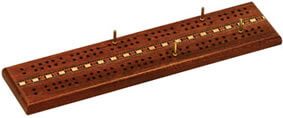Novelist Howard Jacobson, writing about writing, stumbles upon something even bigger. He writes: For some of us, part of the ambition to be a novelist is the desire to blot out the ignominies of youth. That's a mistake. The ignominy of being young is a wonderful subject. I would even go so far as to say that consciousness of early embarrassment is indispensable to a novelist. It militates against the biggest sin in novel writing—especially in the writing of novels that excavate the self—which is grandiosity.
Take yourself too seriously and you're sunk. Me, me, me, me. There's only so much of that a reader can tolerate. A periodic "I" count is always a good idea, though it's not the number of them that matters; it's the spirit of their employment. Catch yourself writing an "I" too many times (and this, too, is a decision about rhythm, again like tap-dancing), and you should either start crossing out or make the self-obsession ludicrous in itself. A first-person comic novel that doesn't know there's something preposterous about a first-person comic novel is already not a good first-person comic novel.
A fellow I know, who led a job networking group and was knowledgeable about job searching, was seeking a position in a non-profit organization. He tried to write a letter without using "I" once. I tend to think that's impossible, but the sentiment is quite valid. Employers don't care as much about what you need as what they need.
It's a lovely, sunny Sunday afternoon, with a crisp chill in the air, so perhaps we should make even more of this, something about humility in dealing with others. Then again, perhaps not.





